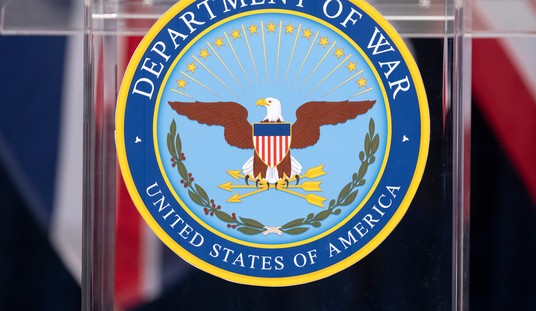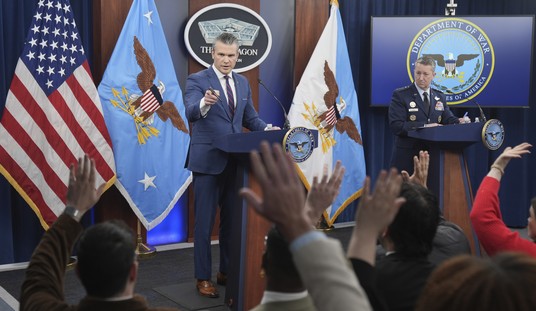The FCC had twice before attempted to take over the Internet in the name of “Net Neutrality,” attacking the hands-off approach mandated by law under the Telecommunications Act of 1996.
Under Barack Obama, the FCC has tried a third time. But this time the DC circuit decided to shrug at the law, and allow it anyway.

At the core of this case is something that sounds simultaneously bland and opaque, but is simple and important. Under the Telecommunications Act passed in the 90s, Information Services are legally subject to only light regulation, unlike older technologies which were regulated beyond reason.
The FCC under Obama has taken the unprecedented, power-grabbing step of declaring that Internet service is no longer an Information service, but rather should be subject to the same regulations as telephones and telegraphs. We’re applying 1930s regulation to 2010s technology. This power grab is referred to by the modest-sounding name of “reclassification.”
If the FCC can call apples oranges, then they can do whatever they want, simply by reclassifying the thing they want to regulate, to be something they have the power to regulate. It’s a gross overreach and cannot be tolerated if the rule of law means anything.
The DC Circuit Court of Appeals in USTA v FCC has pencil whipped this change through, and we’re now pretending it’s an ordinary, legal regulatory act, and not a transformative step that undermines decades of regulatory common sense, dictated by the common-sense, bipartisan bill passed by Newt Gingrich and Bill Clinton.
The Internet Innovation Alliance’s statement has the right idea:
The Internet Innovation Alliance is deeply disappointed with today’s DC Circuit decision affirming the FCC’s Open Internet Order. Unfortunately, the Court has missed a unique opportunity to continue the bipartisan policies that have spurred 21st century broadband wired and wireless infrastructure investment and brought high-speed Internet access services and applications to Americans throughout the nation. As the parties now consider their appellate strategies, we again reaffirm our call for Congress to step in and take a leadership role to adopt bipartisan legislation that ensures both an open internet and the policies necessary to expand critical private investment in next-generation broadband networks.
John Thune, supported by Roger Wicker, also gets it:
Today’s 2-1 court ruling upholding the FCC’s partisan decision to saddle the internet with restrictions designed for the monopoly telephone era says more about our outdated telecommunications laws than anything else. Rather than providing internet users and companies alike with the regulatory certainty they need to thrive, we instead now have a highly political agency micromanaging the internet ecosystem. Today’s decision is a clear signal that my colleagues and I need to reestablish Congress’ appropriate role in setting communications policy on a bipartisan basis. As Judge Williams warns in his dissent, by ‘shunt[ing] broadband service onto the legal track suited to natural monopolies,’ the FCC’s order may actually foster ‘the prevalence of incurable monopoly.’ Congress must not allow that to happen.
This was possibly the last chance to save the old order, where we had a consensus in favor of a self-regulating Internet free of partisan political meddling. Instead of stability and consensus, we get tinkering and fighting. I don’t know what’s going to happen now, but the results are going to be less innovation, higher costs, slower speeds, and ultimately fewer choices for Americans wanting to get online.













Join the conversation as a VIP Member